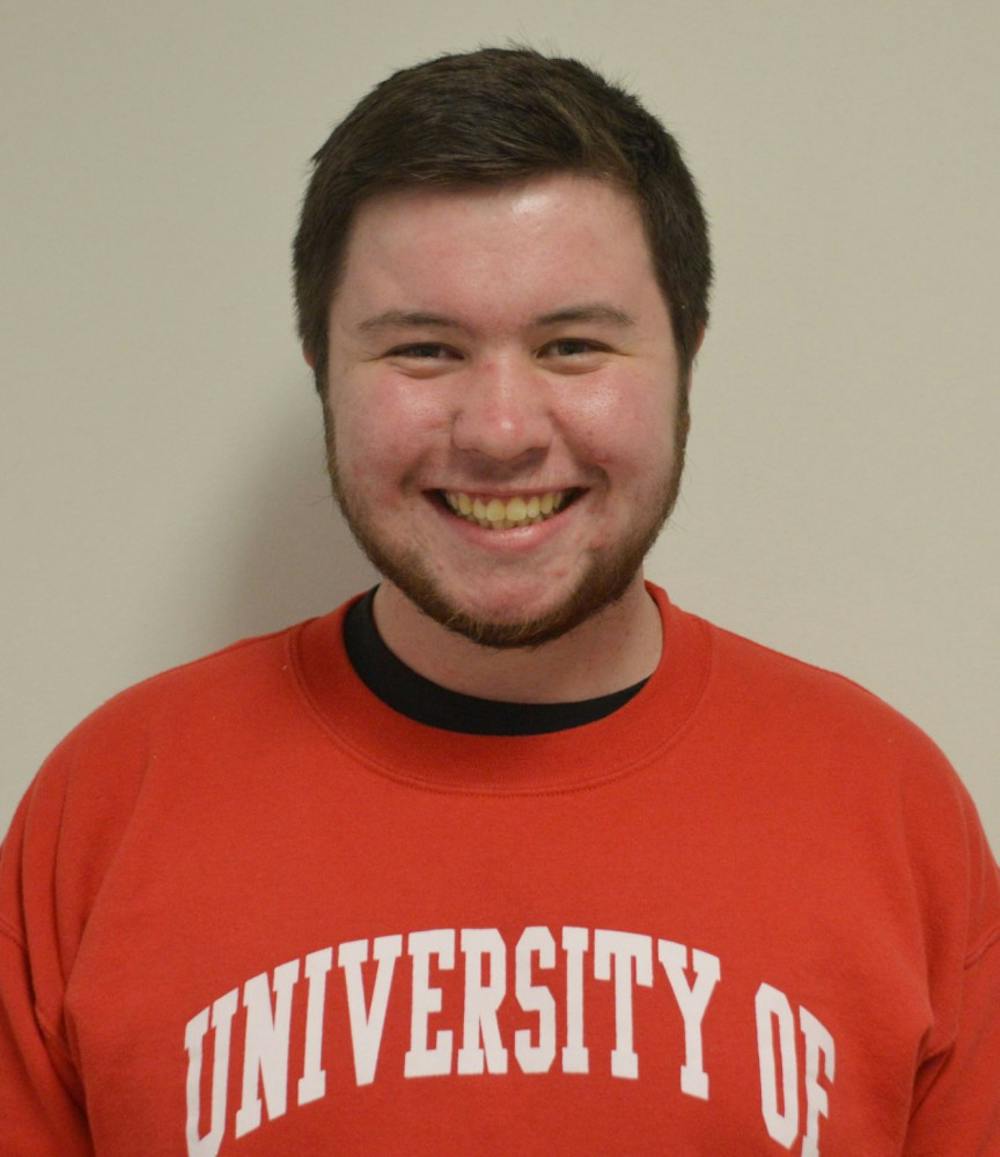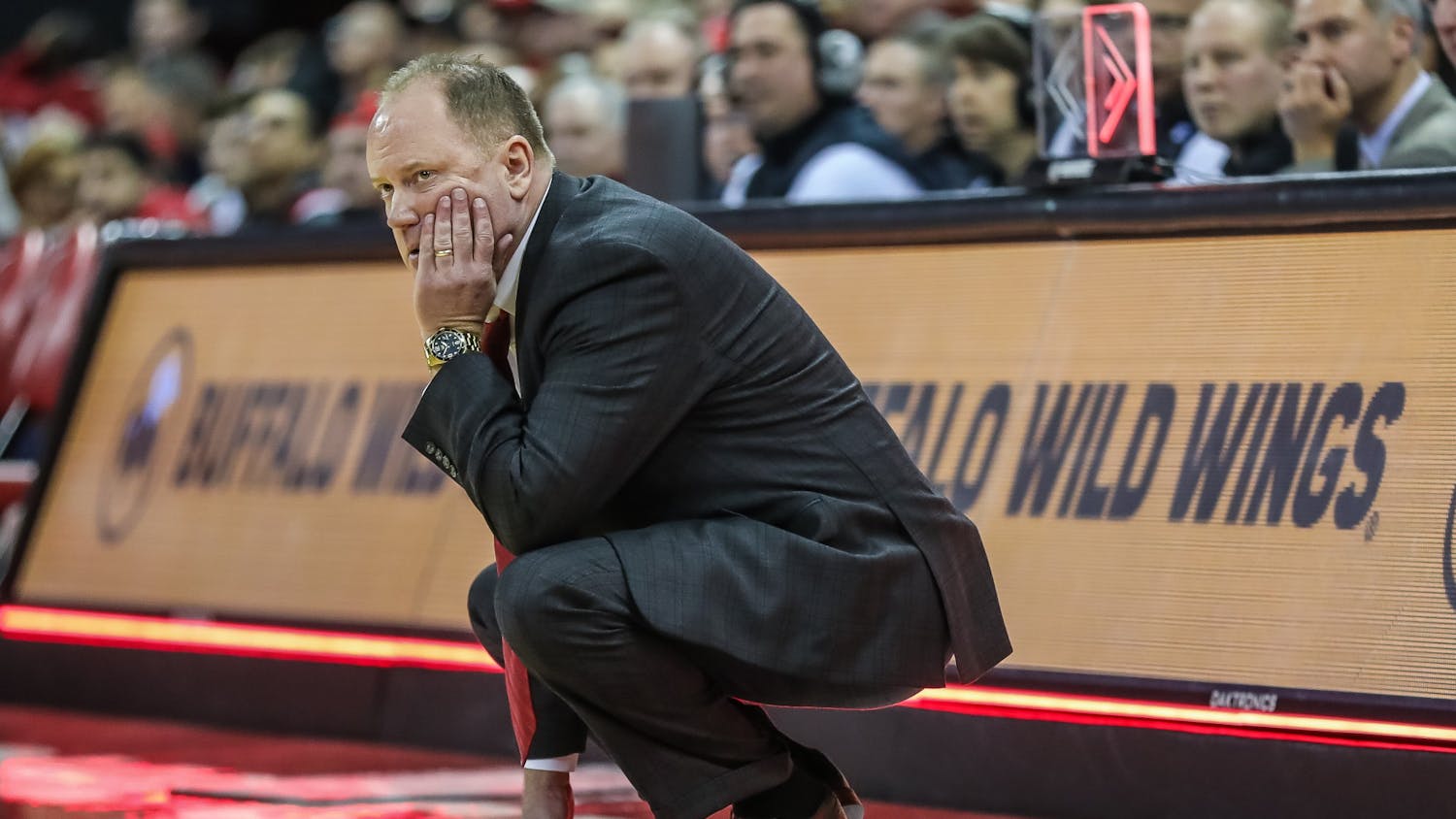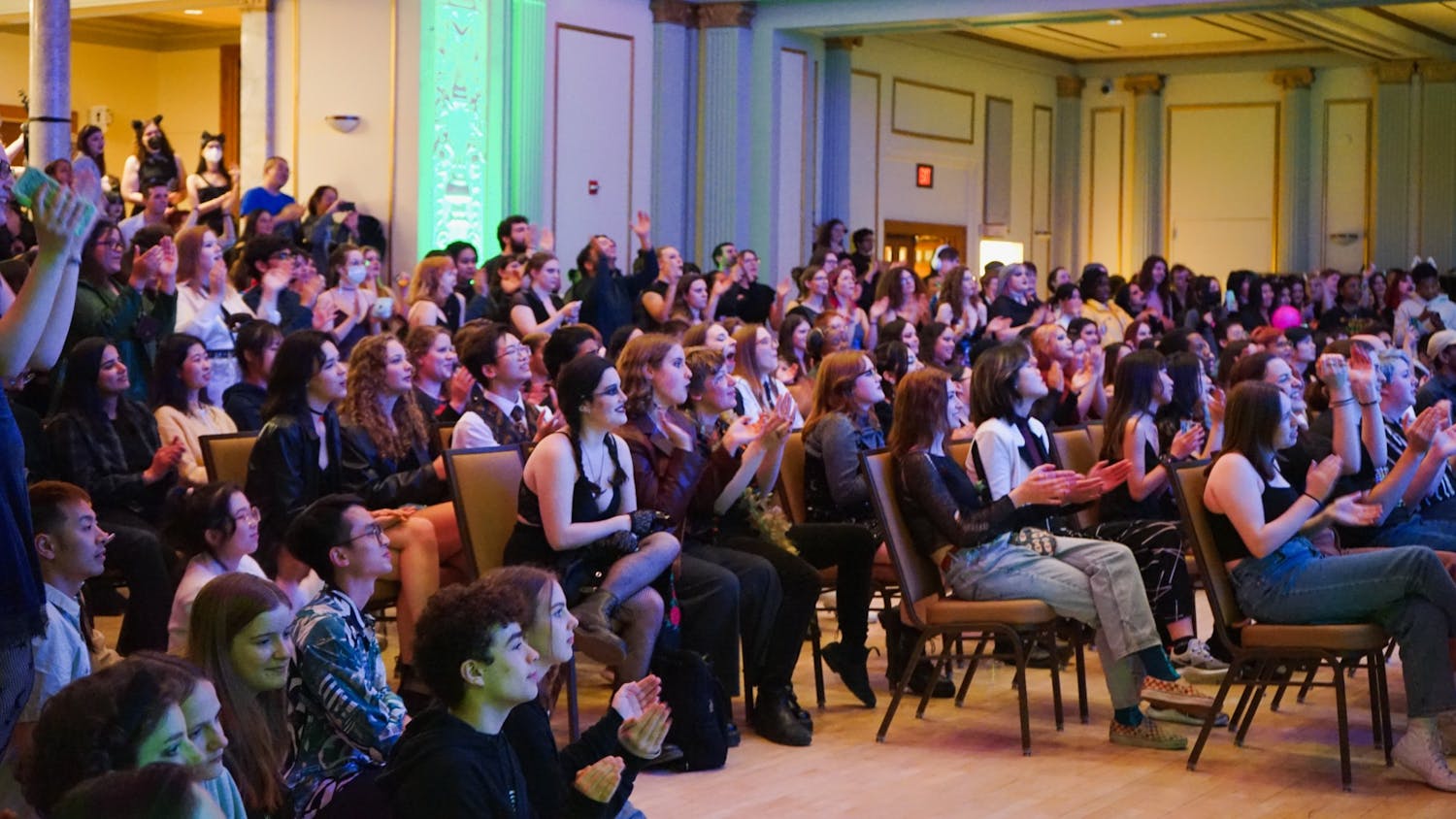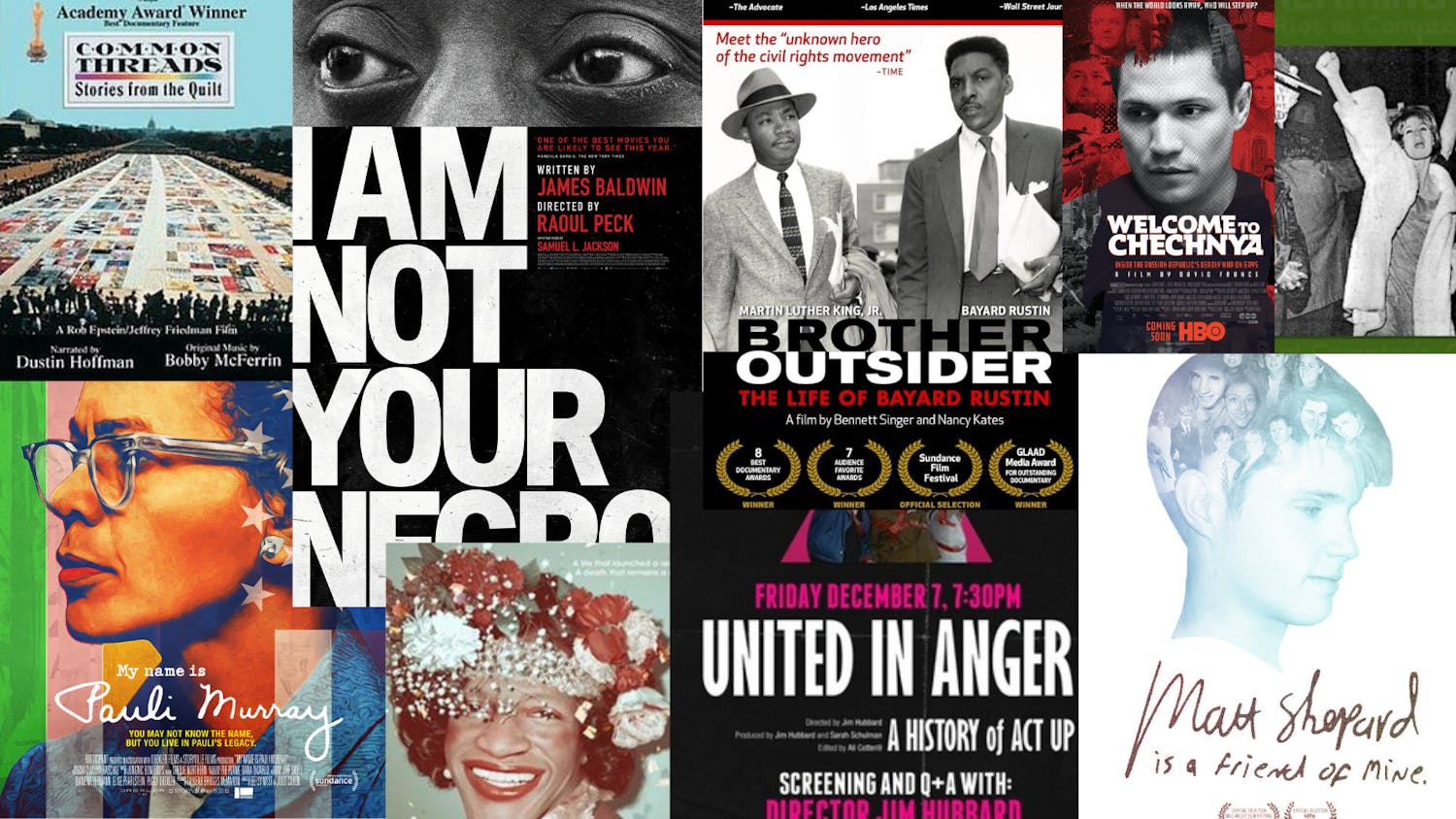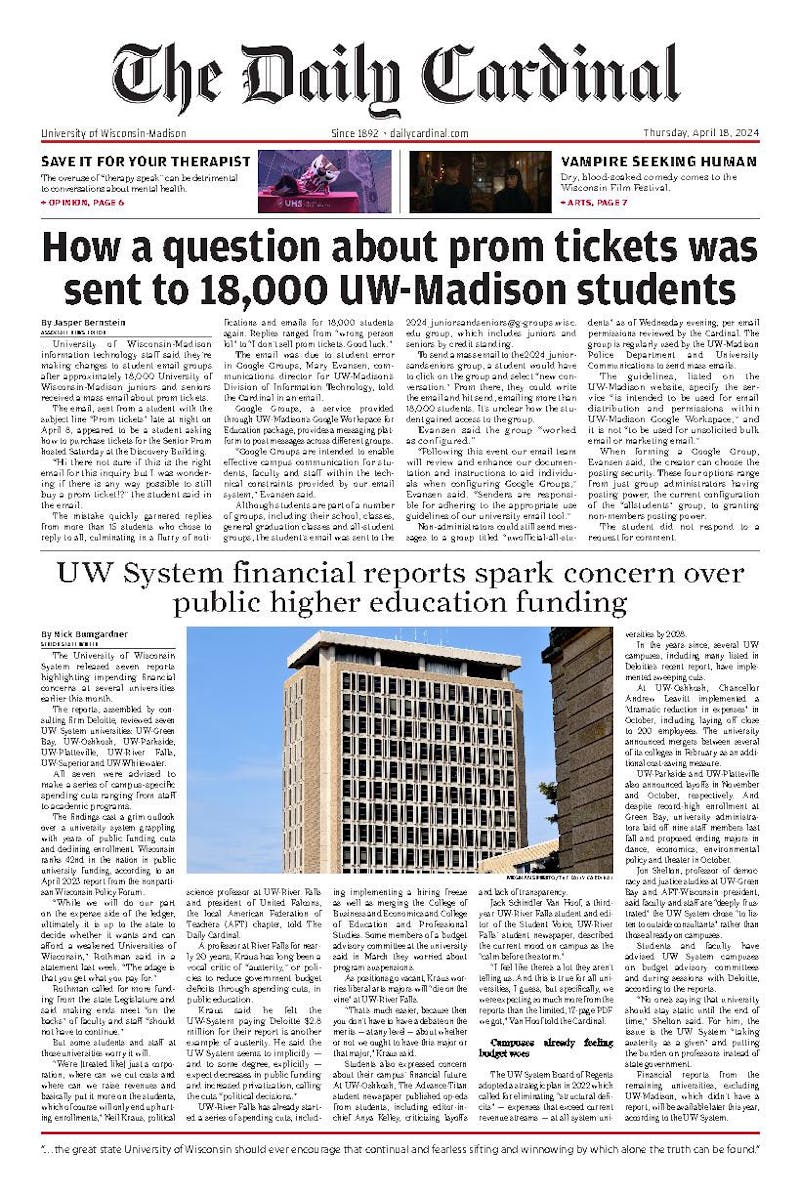Remember in 2012 when every basement party south of Regent Street would play Macklemore and Ryan Lewis’ “Thrift Shop” at least twice every night? It was hard to get away from that song, which kicked off a vintage clothing craze and helped Macklemore receive accolades from VMA performances to winning the Best Rap Album at the 2014 Grammy Awards.
What some people may not remember is the backlash Macklemore endured from certain parts of LGBTQ communities. After his song “Same Love” entered into the cultural lexicon, with its strong marriage equality themes and music video featuring a gay couple, people started saying that Macklemore, as a straight man, was pandering to LGBTQ communities to garner album sales.
While this debate continually rages in corners of the Internet, many LGBTQ fans of Macklemore said that this was a step in the right direction, especially for a member of a genre with a history of homophobia.
Before I get too deep into this piece, I want to note that, for lack of a better phrase, not all rappers are homophobic. I believe that there are larger issues, most notably misogyny and violence against women, which plague the history of rap. But if you look back to the early seeds of hip hop in the late ’80s and early ’90s, artists like the Beastie Boys, N.W.A. and Public Enemy all used homophobic slurs in some of their raps.
More recently, whenever Eminem releases an album, LGBTQ critics call out his past and current usage of homophobic slurs and violent imagery, while his fans say that it fits into his “shock” style of rapping. Either way, he’s still using terms that he should know holds severely negative memories for LGBTQ people around the world.
While Macklemore’s “Same Love” was a step in the right direction, with audiences applauding his very open support of marriage equality, a more seminal moment occurred in 2012. Frank Ocean, a member of the Odd Future crew, used a letter posted on Tumblr to disclose that he had been in love with a man. A week later, he released his debut album, channel ORANGE, which featured songs that hinted at—and directly mentioned—his love for a man. While Ocean isn’t a rapper, his proximity to a crew featuring a rapper who has used homophobic slurs garnered massive attention.
Two years out from these two events shows a shift in the direction of rap. While fans of Frank Ocean eagerly await his next album, a few openly queer male rappers have risen to show that they want audiences to hear their struggles and achievements. Many of these rappers have emerged from New York City, and, like most mainstream rap, have varying degrees of creativity in their lyrical content and video production.
Le1f stormed onto the scene with his Dark York mixtape in 2012. In describing the sound he was aiming toward, Le1f stated that it was reminiscent of the New York ball culture of the ’80s. The track “Wut” became one his most recognizable songs, and he even called out Macklemore’s “Thrift Shop,” for using a similar beat. “Wut” came out about five months before “Thrift Shop” and it was mostly Le1f raising hell which brought the conversation to media outlets.
As he has transitioned throughout his musical experience, Le1f has crafted a chameleon-like persona for himself, shifting throughout his work as a writer and producer. He’s released two EPs, his most recent being Hey in 2014, which brought him to “The Late Show with David Letterman.”
Michael David Quattlebaum Jr., better known as Mykki Blanco, continually defies the stereotypes of male performers. When on stage, he uses Blanco (a flamboyant woman based off of Lil’ Kim and Nicki Minaj) to showcase his versatile, extremely infectious raps.
Blanco first had a foray into cross-dressing when he was 16, but began to further cultivate this side of his personality, and has collaborated with Le1f on a few projects throughout their careers. Blanco has released three EPs and two mixtapes, and has scheduled to release his debut album in 2015.
Cazwell is a rapper unlike both Le1f or Blanco. He’s been rapping in clubs and releasing albums since 2006, predating Ocean’s coming out by a staggering six years.
What differentiates Cazwell is the focus of his lyrical content. Instead of complex wordplay and imagery, he focuses more on sexualized portrayals of gay men, and partnering with well-known drag queens like Amanda Lepore. Cazwell’s videos feature stereotypical attractive gay men, seductively licking popsicles or twerking next to a car, which border on mind-numbingly basic allusions to gay sex.
As any genre progresses forward, the transition reveals growing pains and clunky missteps. Artists like Blanco and Le1f have tackled major issues of the image of queer men in rap and the media, while Cazwell made rap more accessible for the Fire Island-hopping white twinks. My discussion here only scratches the surface of queer male rappers, but these three each have helped to leave their mark on the genre, a mark which will continually grow larger as more queer men enter into rap circles.
If you have questions, or would like to change my mind on something I’ve discussed, please feel free to email me at cmurphy5@wisc.edu.

